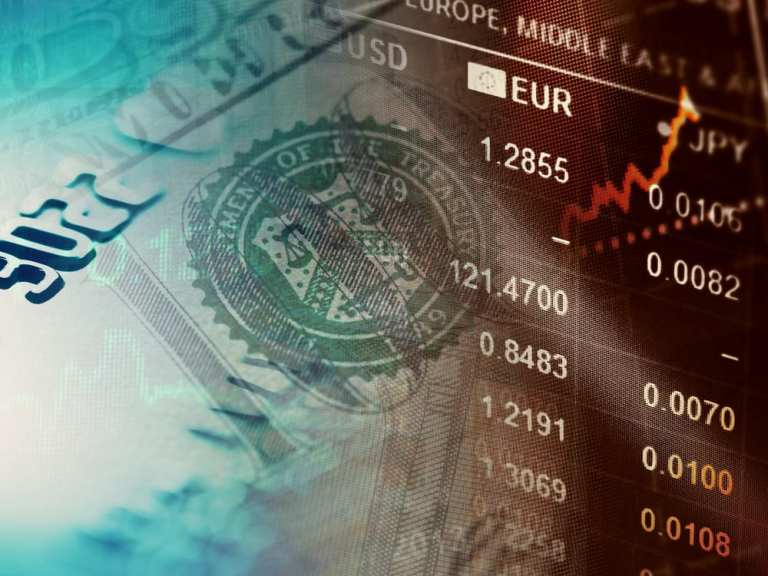Banks, Corporates On Opposite Sides Of Recession Spectrum

Talk of a financial recession and a weaker global economy continues to grow, and central banks are keeping a close ear on the chatter. Reports in the Financial Times on Monday (Aug. 26) warned that continued uncertainty linked to Brexit and trade wars have limited borrowing and investment appetite across the globe.
And while European banks have endured market volatility while U.S. peers outperform, analysts warn that U.S. banks are actually more exposed to an economic downturn than EU institutions.
But while banks may be feeling the heat, analysis from Citizens Bank suggests corporates remain quite optimistic – even as they acknowledge a possible impending economic downturn.
According to the bank, U.S. corporates remain in growth mode, with the Citizens Business Conditions Index remaining above 60 – an index above 50 is considered reflective of corporate expansion and improved business conditions.
“This indicates that despite the questions inherent in a recovery of this length, U.S. companies remain in a growth mode powered by healthy fundamentals,” Citizens said in its Monday announcement.
However, it remains up for debate whether a recession is actually ahead, with Citizens’ report suggesting that U.S. corporates perhaps aren’t as convinced as some economists and banks are.
Reports in the International Business Times noted that many economists took the Federal Reserve’s decision to cut the federal interest rate as an effort to mitigate recession risks, while bond yield fluctuations have been taken as yet another sign of an impending downturn. Morgan Stanley said last month that there is a 20 percent of a recession in the coming year.
“For now, the path to the bear case of a U.S. recession is still narrow, but not unrealistic,” said Morgan Stanley’s analysis, led by Chief U.S. Economist Ellen Zentner, according to CNBC reports last month. “If trade tensions escalate further, our economists see the direct impact of tariffs interacting with the indirect effects of tighter financial conditions and other spillovers, potentially leading consumers to retrench,” Zentner wrote in the report.
Although that apparently does not yet apply to U.S. corporates, according to Citizens, businesses should be diligent and prepared.
“With the current boom now in its eleventh year, many business leaders are wondering when the good times are going to end,” Citizens Commercial Banking’s Head of Global Markets Tony Bedikian said in a statement, adding, “There is uncertainty about a range of factors, including trade, Fed rates, Brexit and the election, just to name a few. Businesses should seize every opportunity to assess the economic landscape and make well-informed decisions on how to hedge their risks.”
Corporates aren’t alone in their confidence, either.
Last week, according to CNBC reports, Credit Suisse released its own analysis concluding that key metrics “remain quite healthy,” according to the bank’s Chief U.S. Equity Strategist Jonathan Golub, adding that metrics like inflation and earnings quality remain indicative of economic expansion.
However, Golub warned, “recessionary indicators are more mixed than they have been since the financial crisis.”
A lack of consensus with regard to an incoming recession is nothing new: Earlier this year, separate analysis similarly pointed to disagreements among economists and corporate finance executives over whether a recession is on the way.
While banks are increasingly pessimistic, according to Promontory Interfinancial Network analysis, a CNBC Global CFO Council survey concluded: “If you’re looking for trillions of dollars making the bet that a recession is coming sooner rather than later for the U.S. economy, don’t look to major corporations.”